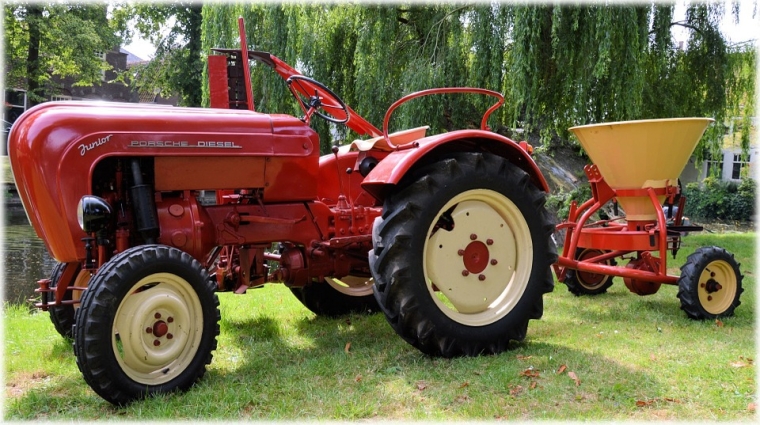
Data released Monday by the Real Estate Institute of NZ (REINZ) shows there were 55 fewer farm sales (-11.6%) for the three months ended April 2018 than for the three months ended April 2017.
Overall, there were 418 farm sales in the three months ended April 2018, compared to 388 farm sales for the three months ended March 2018 (+7.7%), and 473 farm sales for the three months ended April 2017. 1,468 farms were sold in the year to April 2018, 19.0% fewer than were sold in the year to April 2017, with 10.8% more finishing farms, 2.9% fewer dairy farms and 37.4% fewer grazing and 39.3% fewer arable farms sold over the same period.
The median price per hectare for all farms sold in the three months to April 2018 was $27,309 compared to $28,368 recorded for three months ended April 2017 (-3.7%). The median price per hectare fell 0.4% compared to March.
The REINZ All Farm Price Index rose 1.5% in the three months to April 2018 compared to the three months to March 2018. Compared to April 2017, the REINZ All Farm Price Index rose 2.0%. The REINZ All Farm Price Index adjusts for differences in farm size, location and farming type, unlike the median price per hectare, which does not adjust for these factors.
Eight of 14 regions recorded decreases in the number of farm sales for the three months ended April 2018 compared to the three months ended April 2017. Northland recorded the most substantial decline in sales (-20 sales) followed by Otago (-19 sales) and Waikato (-14 sales). Canterbury (+11), West Coast (+10) and Manawatu/Wanganui (+8) were the top three regions to increase the number of farm sales compared to April 2017. Compared to the three months ended March 2018, five regions recorded a decrease in sales with the biggest drop being in Otago (-9 sales).
Brian Peacocke, Rural Spokesman, at REINZ says: “Sales volumes from the 3 month period ending April 2018 indicate a slight increase from the previous period, but a general easing over the last 12 months. From a month by month perspective and given the time of the year, there is the predictable easing in sales volumes, particularly for the category of finishing units. Conversely, forestry has experienced a lift, albeit sales numbers are relatively small.
“The gain in the All Farm Price Index is balanced by the decrease in the Dairy Farm Price Index, indicating values for land use other than dairy are achieving stronger results,” he continues.
“On the farming front for most parts of the country, Autumn 2018 has been one of the best for many years and is a welcome offset to the winter and early spring of 2017 which was one of the worst for many years.
“As referred to in previous reports, the issue of Mycoplasma Bovis has continued to grow exponentially to the point it is the dominant animal health concern throughout the country, in tandem with its devastating financial and social consequences,” he concludes.
The allocation of a substantial increase in funding to the Ministry of Primary Industries in the latest budget is an acknowledgment by the Government as to how serious the issue is from a national perspective.
Finishing farms accounted for the largest number of sales with a 32% share of all sales over the three months to April 2018, Grazing farms accounted for 26%, Dairy properties accounted for 20%, and Horticulture properties accounted for 12% of all sales. These four property types accounted for 90% of all sales during the three months ended April 2018.
For the three months ended April 2018, the median sales price per hectare for dairy farms was $36,028 (82 properties), compared to $33,750 for the three months ended March 2018 (80 properties), and $35,186 (98 properties) for the three months ended April 2017. The median price per hectare for dairy farms has increased 2.4% over the past 12 months. The median dairy farm size for the three months ended April 2018 was 96 hectares.
Lifestyle blocks
REINZ's lifestyle block data shows there were 205 more lifestyle property sales (11.9%) for the three months ended April 2018 than for the three months ended March 2018. Overall, there were 1,922 lifestyle property sales in the three months ended April 2018, compared to 2,156 lifestyle property sales for the three months ended April 2017 (-10.9%), and 1,717 lifestyle property sales for the three months ended March 2018.
7,349 lifestyle properties were sold in the year to April 2018, 1,396 (-16.0%) fewer than were sold in the year to April 2017. The value of lifestyle properties sold was $5.82 billion for the year to April 2018.
The median price for all lifestyle properties sold in the three months to April 2018 was $650,000 and was $15,000 higher compared to the three months ended April 2017 (+2.4%).
Brian Peacocke, Rural Spokesman, at REINZ says: “Sales data for lifestyle properties covering the three-month period ending April 2018 shows a substantial lift in volumes over recent periods, albeit equally down on the same period in 2017.
“Nevertheless, the combination of volumes and the relentless increase in the median sales price to $650,000 for April highlights how significant the lifestyle sector is within the property portfolio of New Zealand real estate.”
More detailed price/ha data is available here.
Farm sales
Select chart tabs
No chart with that title exists.
We welcome your comments below. If you are not already registered, please register to comment
Remember we welcome robust, respectful and insightful debate. We don't welcome abusive or defamatory comments and will de-register those repeatedly making such comments. Our current comment policy is here.